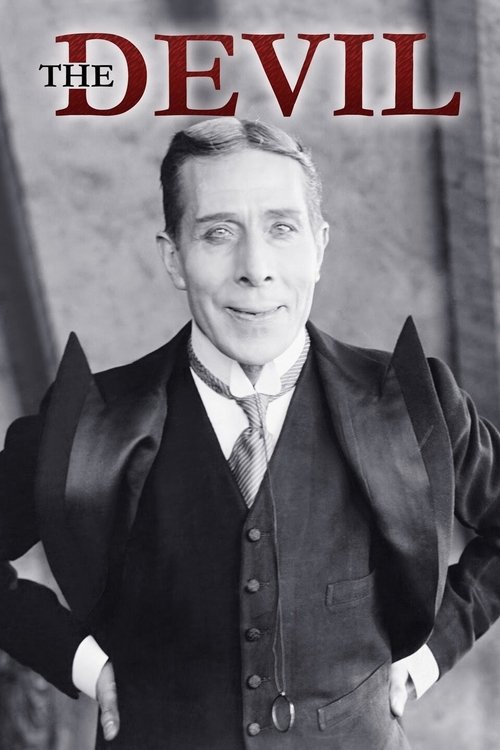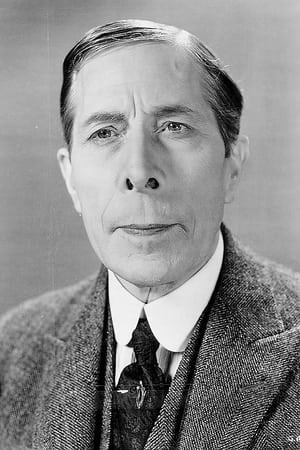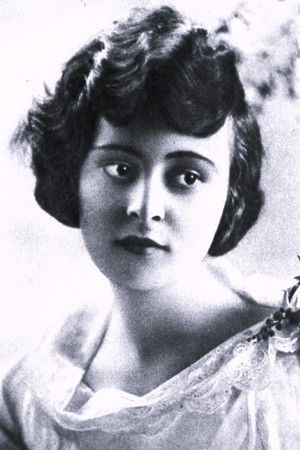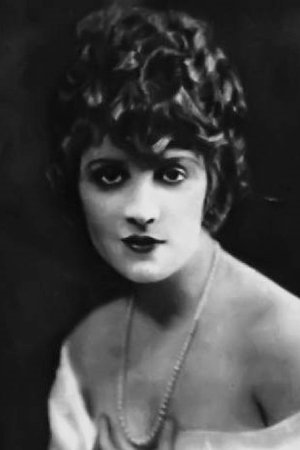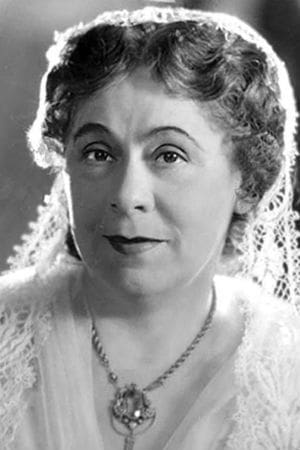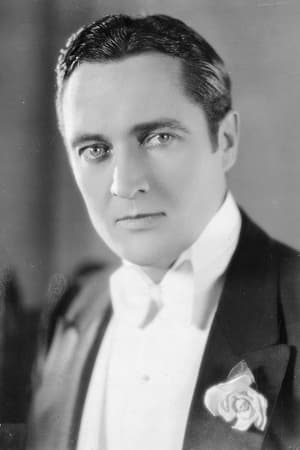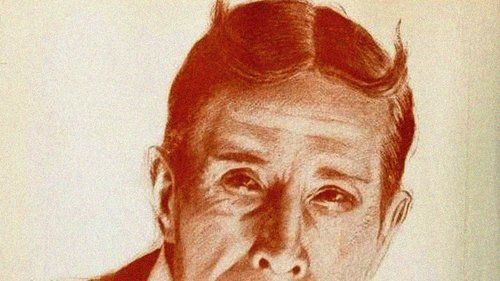
CinemaSerf
7
|
Jun 06, 2022
George Arliss is superb in this short feature as the marvellously manipulative, rapscallion "Dr. Müller" who relishes in the misery he causes. He overhears a conversation at an art gallery were a two people are discussing a painting illustrating that truth will always overcome evil. Our devious "Müller" sets about disproving this theory by cleverly manoeuvring "Mimi" (Sylvia Beamer) who is keen on painter "Paul" (Edmund Lowe) who is keen on "Marie" (Lucy Cotton) who is married to "Georges" (Roland Bottomley) and soon nobody trusts anyone anymore... Based on his play - and the direction and styling of the performances is clear testament to that - it is a bit stilted at times, the settings are a little too claustrophobic but Arliss is really good and sinister. Maybe the ending is a little bit disappointing, but that may depend on your own views of good v evil.
